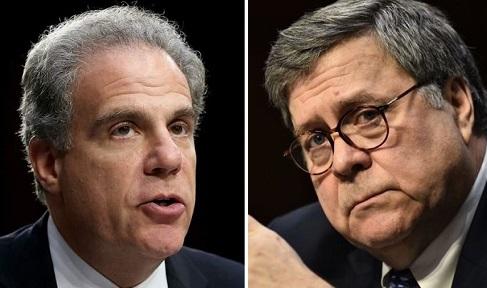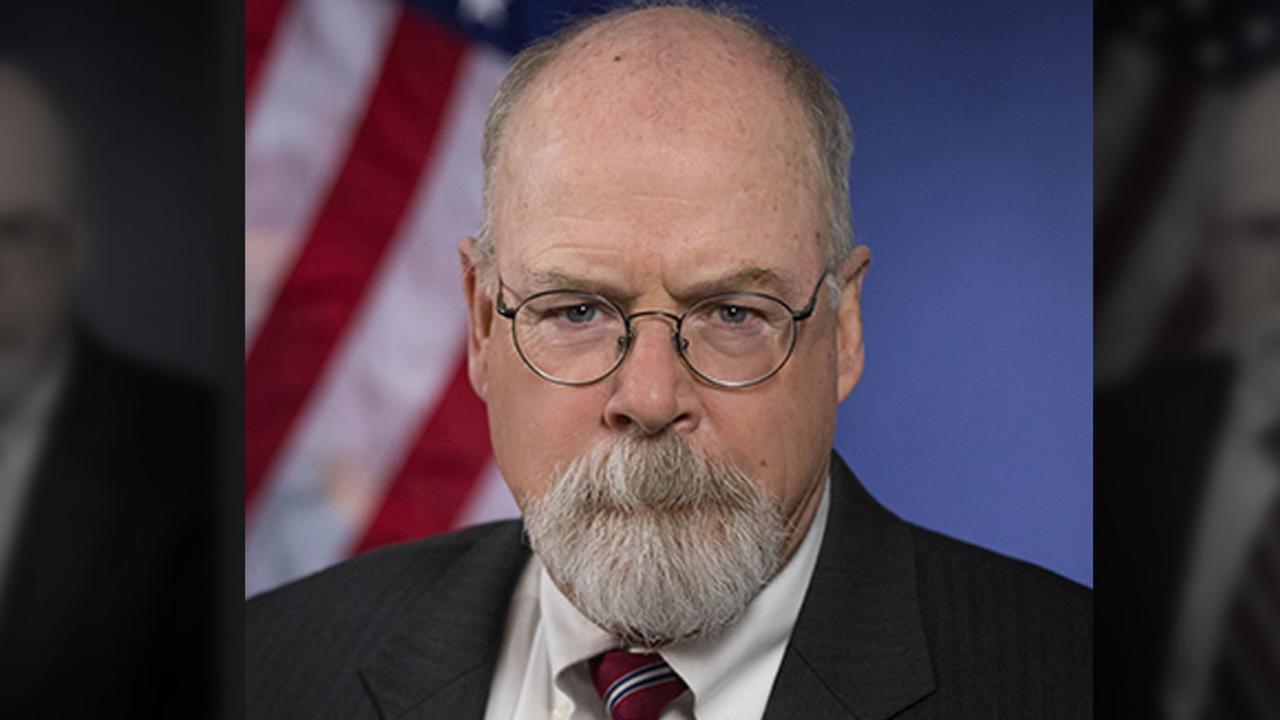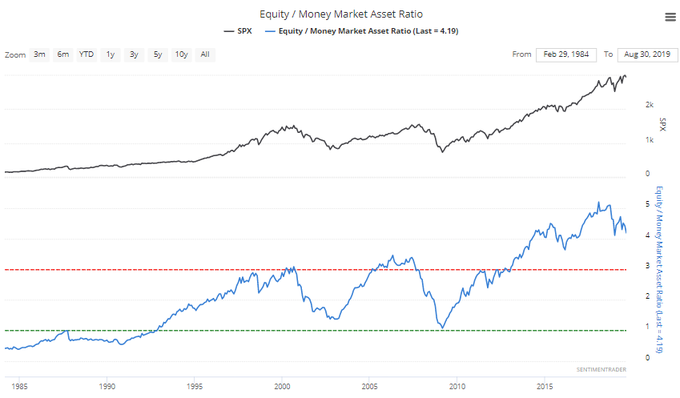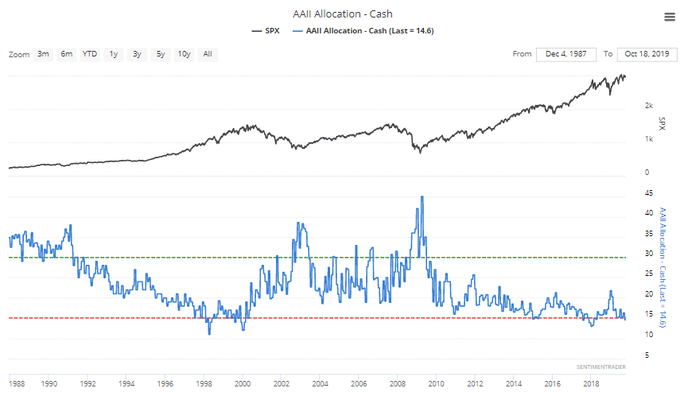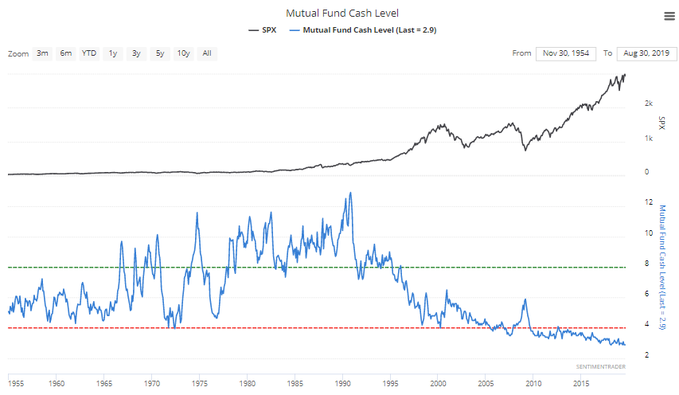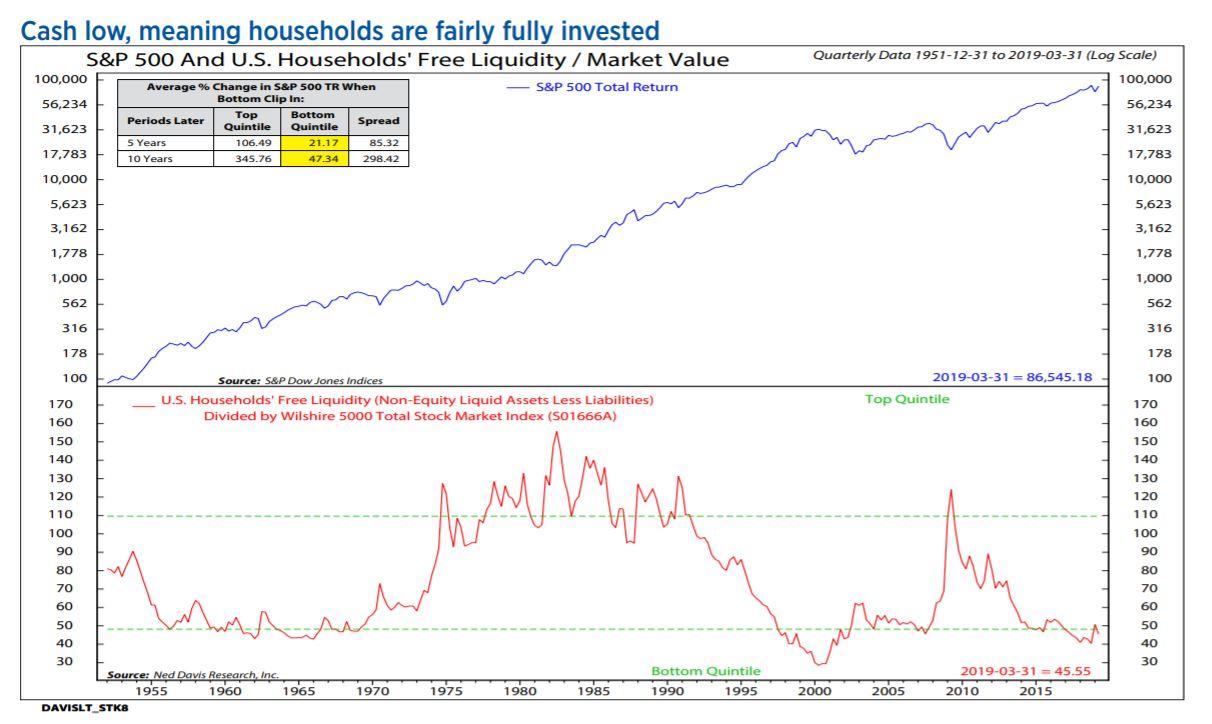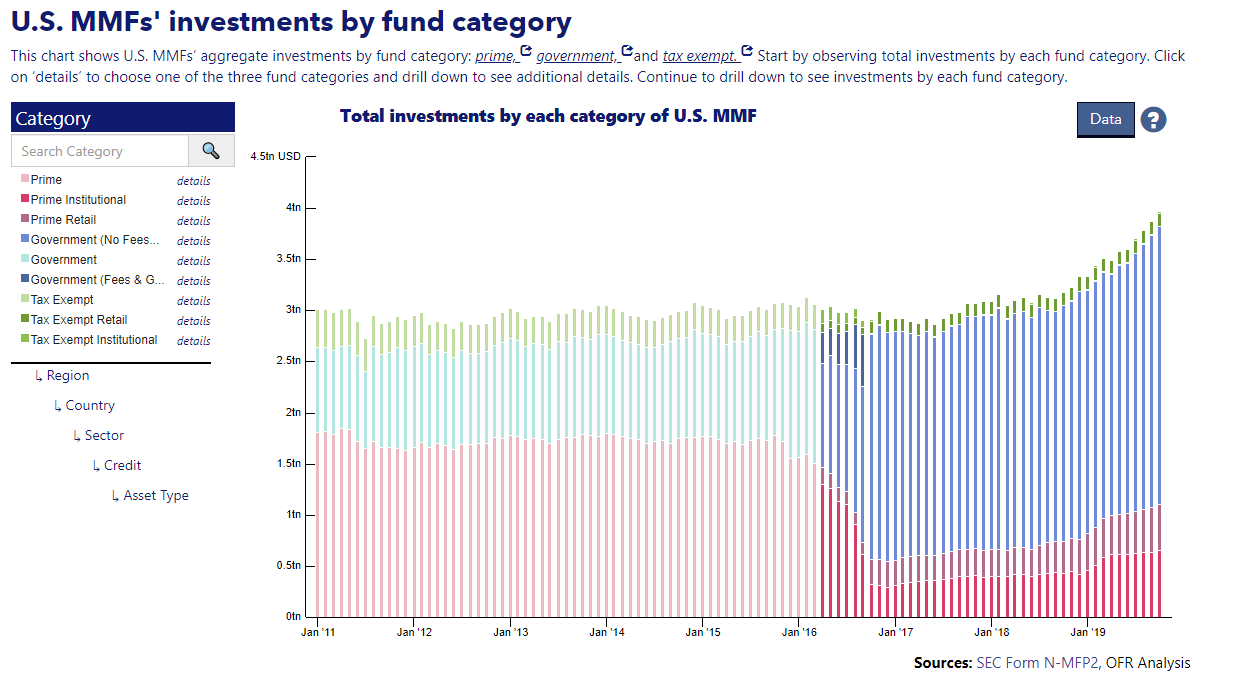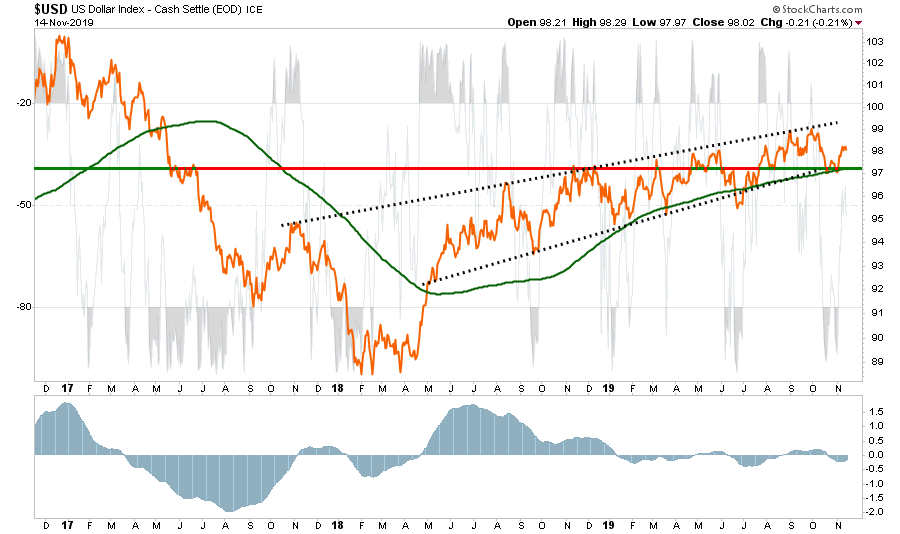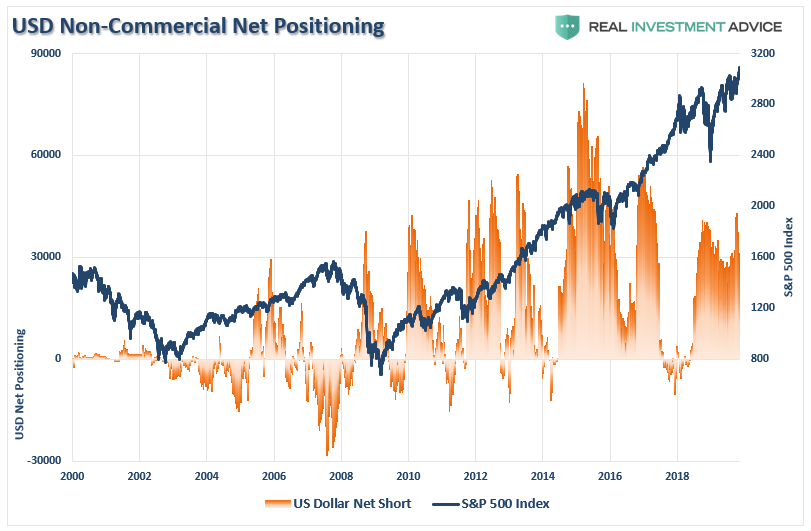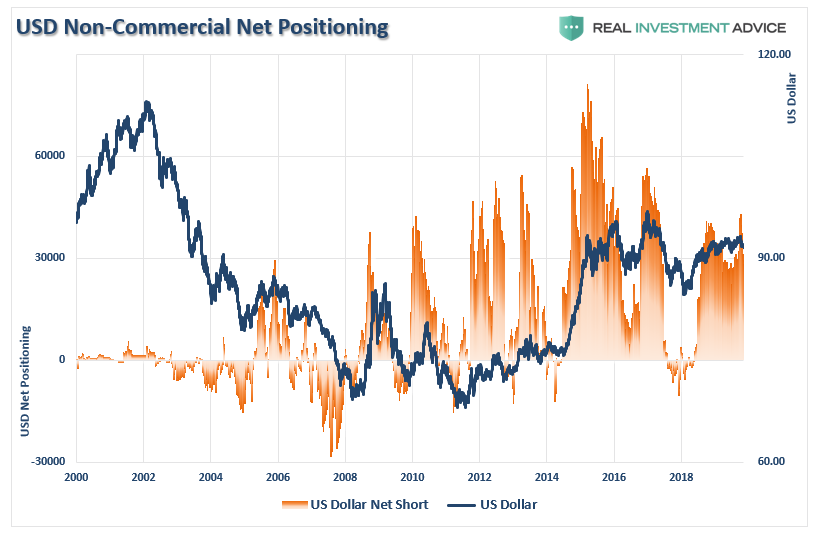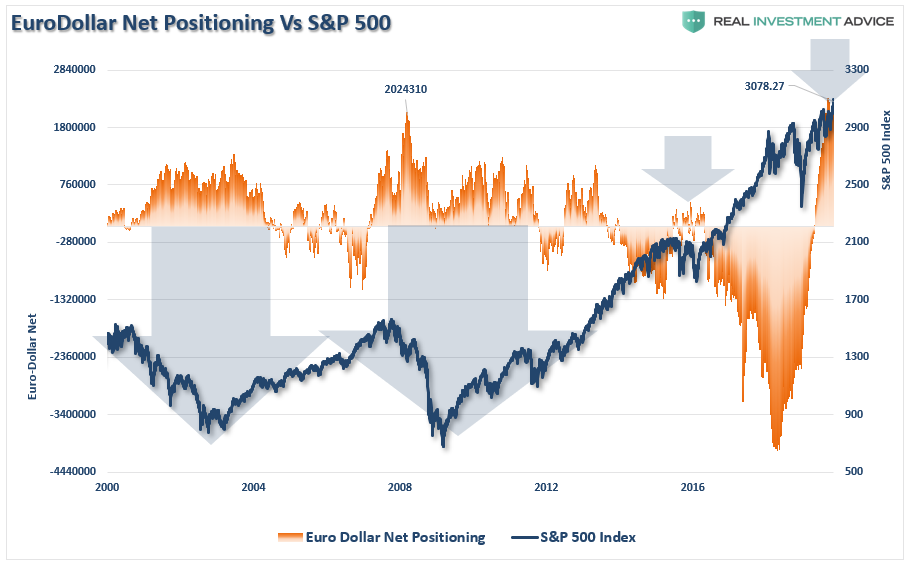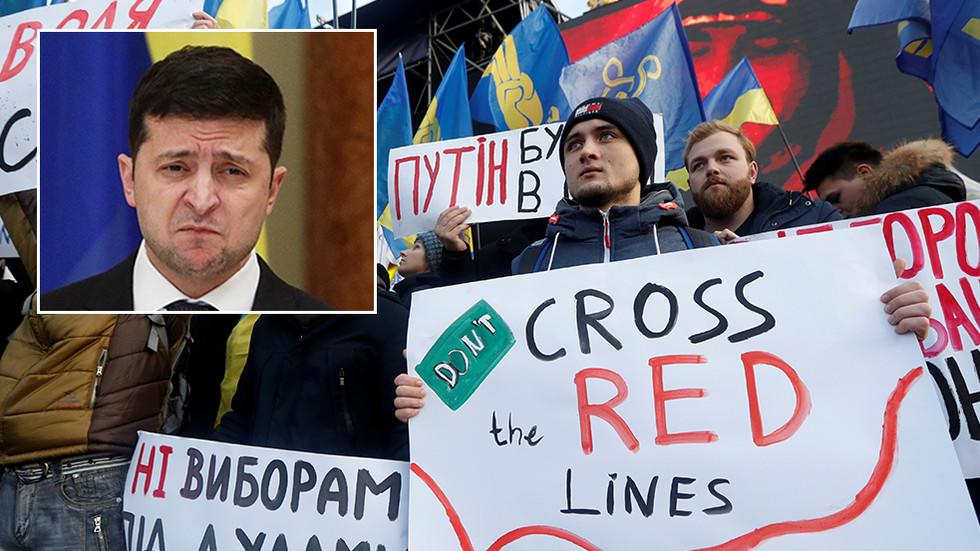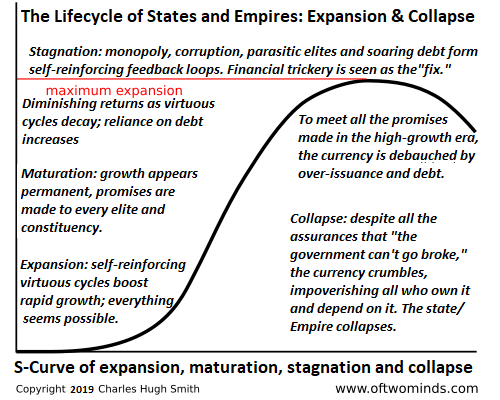Schlichter: A ‘Safe Space’ Society Is A Totalitarian Nightmare
Authored by Kurt Schlichter, op-ed via Townhall.com,
As the undisputed star of the new film No Safe Spaces – the hit documentary on academia’s descent into Orwellian tyranny features a quick shot of a lawyer letter I wrote to some collegiate gulag apparatchiks – I wholeheartedly recommend that you go see it.
Adam Carolla and Dennis Prager take you on a guided tour of the insanity and evil that has gripped academia, and it’s utterly terrifying. You need to see it not merely to gape at the freak show but to learn what’s coming for society as a whole. The dreary conformity factories that pretend to be providing our next generation of leaders with a higher education have instead embarked on a campaign of indoctrination designed to manufacture a generation of goose-stepping creeps who use their bizarre collection of buzzwords and fetishes as weapons to suppress any kind of dissent.
And the problem is that this PC Nazism is not just limited to academia. Eventually, these daddy-issue cadres are going to get out into the world and contaminate all of our institutions even worse than they are contaminated now. We’ve seen weeks of pretentious ruling caste losers presuming to lecture us on how we should fix the messes they and their pals made. Imagine if they compounded their failure with the desire to burn you at the stake for refusing to concede that a dude can get pregnant.
A dude can’t get pregnant, not ever. And there’s a whole generation of future elitists who would want to cancel you permanently for daring to state this indisputable fact.
The key to understanding what is happening on campuses, and increasingly in society as a whole, is to discard your bourgeois notions of reason and the presumption of good faith. What’s kind of funny is to watch people shake their heads at the incoherence of the leftist lies – what these people say is manifestly false and usually both contradictory and hypocritical. They have no evidence to support their claims, and they ignore contrary evidence. This freaks out the squares because normal people approach disputes with the understanding that facts and evidence and arguments can change one’s positions. But with these people, that doesn’t happen. It can’t happen, because they are not engaged in argument. Rather, they simply assert whatever nonsense they believe will increase their own power.
That’s all it is. This PC leftist garbage is simply about power.
You can’t prove your innocence or change their minds because actual facts are beside the point. The point is to generate a narrative that results in you being deprived of the moral capacity to assert your own rights and interests. You are disenfranchised, totally, by the moral failure that is your race or your sex or your religion or your sexual preference or whatever has been designated as bad this week. That is why we get evil concepts like “white privilege,” “mansplaining” and “heteronormativity” tossed around as if they are conceptual trump cards that instantly silence you merely by being asserted.
Now, as someone of good faith who strives to operate in a universe that makes sense, you might observe that these kinds of prejudgments based on race and sex and so forth seem an awful lot like prejudice based on race and sex and so forth, and you would be right because that is exactly what they are. And you would scratch your head because aren’t these adolescent inquisitors supposedly really upset about prejudice based on race and sex and so forth?
Except they aren’t, because they don’t care about prejudice, except to the extent they can use it as a weapon to get what they want. The left is not against prejudice or bigotry. It is actively in favor of both. It’s just that the targets change and morph based on necessity. Go on social media, if you dare, and find a black conservative or a gay conservative or a conservative woman and see what crap they take from the loving left. The crude hatred would shock and appall even the Democrats who invented and filled the ranks of the KKK. The left is supposed to be in favor of black people and gay people and women people and it takes only a few seconds to realize that this is utterly false. They don’t care about bigotry or prejudice. They care about leftist power, and if bigotry and prejudice help them get more of it then the left is all in.
On the upside, they often turn on each other in internal power struggles where the radicals attempt to out-woke each other to become the king/queen/non-binary monarch of the hill. “You’re a person of color? I’ll see your race card and raise you the fact that I was born Dennis but now I’m Denise.”
Today on campus, these creeps have power because the administrators tend to be cowed by the left when not in active cahoots with it. The left can even LARP violent revolution because the schools hold back the cops who ought to be beating down and hooking up these black-masked punks. The scary thing is that someday, some of these quad gestapo types are going to be in real positions of power in real society, and they do not believe in rules and they do not believe in rights for anyone who opposes them. Their sole goal is their own power. And to increase their power, they need to take power from someone else. You are the someone else.
In a society they control, you will have no rights, no voice, and no future. Leftism always ends in tyranny and murder, which is why we’re blessed to have the Second Amendment. And if you are ever disarmed and at the mercy of these aspiring monsters, the only safe space will be a mass grave.
* * *
The nightmarish end state the left seeks is on full display in Collapse, my hard-hitting yet hilarious sequel to People’s Republic, Indian Country and Wildfire. My novels have been hailed by Bill Kristol as “Appalling,” so that kind of vouches for them!
Kurt will be doing a live video chat tonight (Dec. 9) w/ PJ’s Stephen Kruiser at 8:15pm ET for VIP Gold members. Join quickly to be able to take part in the fun.
Tyler Durden
Mon, 12/09/2019 – 18:20
via ZeroHedge News https://ift.tt/2E49uoy Tyler Durden


